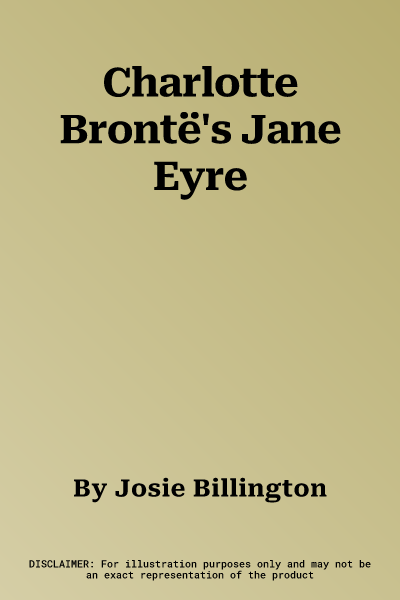Jane Eyre, published on 16th October 1847, was an instant popular
success. More than 150 years later, it still powerfully affects its
readers with all the charge of a new-minted work. It is easy to forget,
now, how shocking it was to its mid-19th century readers. Virtually
every early reviewer felt obliged either to condemn or defend its
impropriety. As Josie Billington reminds us in this compelling guide,
the most savage reviews denounced the "coarseness" of language, the
"unfeminine" laxity of moral tone, and the "dereliction of decorum"
which made its hero cruel, brutal, yet attractively interesting, while
permitting its plain, poor, single heroine to live under same roof as
the man she loved. What caused most outrage, perhaps, was the
demonstrable rebellious anger in the heroine's "unregenerate and
undisciplined spirit", her being a passionate law unto herself. "Never
was there a better hater. Every page burns with moral Jacobinism," wrote
an early critic. As the poet Matthew Arnold was to say of Brontë's
"disagreeable" final novel, Villette, "the writer's mind contains
nothing but hunger, rebellion and rage". In this book Josie Billington
looks at the passion and indeed rage which filled Bronte, and shows us
that, though sometimes criticised for melodrama, this is a novel of
great intellectual seriousness, moral integrity and depth of feeling.
She quotes George Henry Lewis: "It is soul speaking to soul; it is an
utterance from the depths of a struggling, suffering, much-enduring
spirit.

